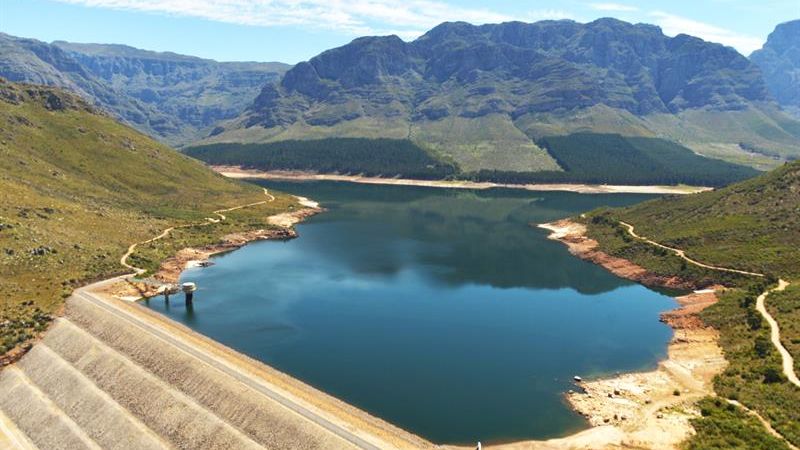Donald Trump’s call for Netflix to remove board member Susan Rice has intensified the Paramount saga, pushing the streaming wars into a political confrontation.
Chart: Here’s how much rain fell across Cape Town in July 2019

Cape Town endured a frightfully dry winter just a few years ago, but thankfully, Mother Nature is giving the city some much needed relief this time around.
The City of Cape Town noted that seven of its ten monitored stations received more rain than usual. And four areas received substantially more rain than usual.
The wettest part of Cape Town in July was Newlands. Nestled just under the eastern slopes of Table Mountain, the leafy suburb recorded 42.4 cm of rain across July’s 31 days. That’s 61% more rain over the long-term average of 26.3 cm.
Table Mountain’s own Woodhead reservoir saw 27.2 cm of rain (a 21% increase), while the Wemmershoek Dam saw more than 25 cm (a massive 82% increase).
The Theewaterskloof Dam saw 74% more rain in July 2019 than its monthly long-term average figure
Even the Theewaterskloof Dam, noted by the City to receive the least amount of rain in July compared to its other stations, saw 74% more rain than the long-term average.
According to the City, the rain’s not over yet. Areas like the Theewaterskloof usually sees more rain in August than July, based on long-term averages.
And yes, even more rain is current falling across the city, with SAWS recording a healthy 15 mm downpour in Kirstenbosch on Sunday.
24 hour #rainfall measured at 8:00 this morning. @ReenvalSA @KFMza @HeartFMNews @WaterSheddingWC @huisgenoot @landbou @GrainSA @AgriSAOfficial pic.twitter.com/pEVh0pDWf5
— SA Weather Service (@SAWeatherServic) August 5, 2019
While Cape Town continues to enjoy its sodden winter, those up north in Gauteng are experiencing a much warmer winter.
According to new data released by the South African Weather Service on Monday, both Johannesburg and Pretoria are experiencing a warmer than average winter in 2019. The area usually experiences summer rainfall, with winters traditionally remaining cold and dry.
Feature image: The Wemmershoek Dam in 2016, by The City of Cape Town


